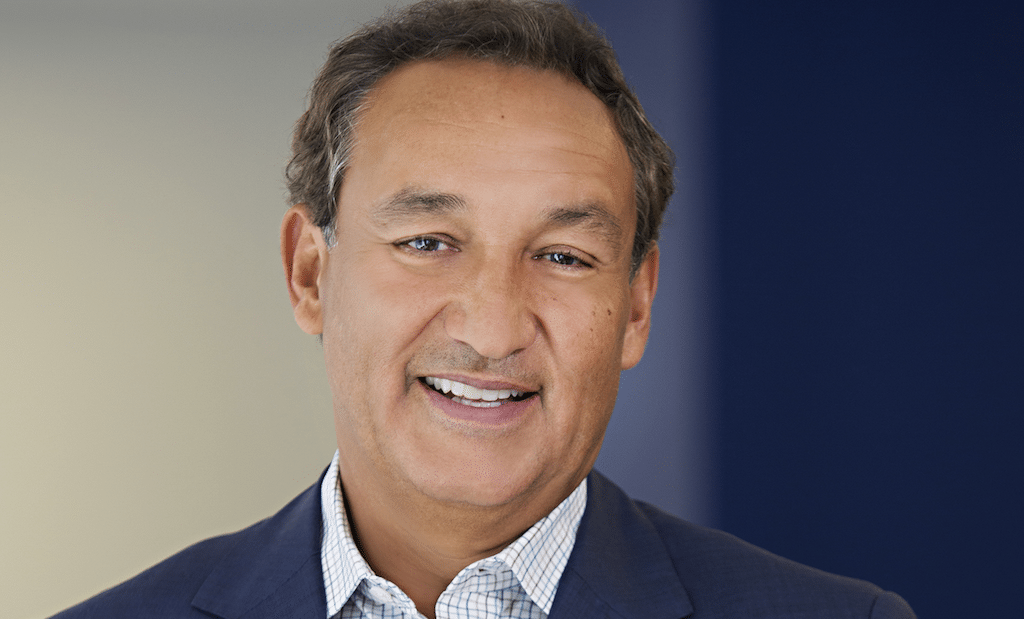United CEO Oscar Munoz Will Not Automatically Become Board Chair in 2018

Skift Take
It's easy to blame this on the incident last week in Chicago. And perhaps the two things are related. But it's not a big surprise Munoz will not become board chair next year. He had a heart transplant last year, and he has been reducing his role over time.
When Oscar Munoz joined United Airlines as president and CEO in September 2015, he was promised he would serve as chairman beginning this year. After he suffered a massive heart attack less than two months later, the board pushed it back one year, to 2018.
Now, United said in a filing Friday, Munoz may never become chairman. His employment contract no longer guarantees he'll take the position, and if he does some day get it, it'll be the board's decision, rather than an automatic elevation.
United said in a filing that Munoz "initiated" the move, though it did not say exactly why. United did not reply for a request for comment.
"The Board believes that separating the roles of Chief Executive Officer and Chairman of the Board is the most appropriate struct
